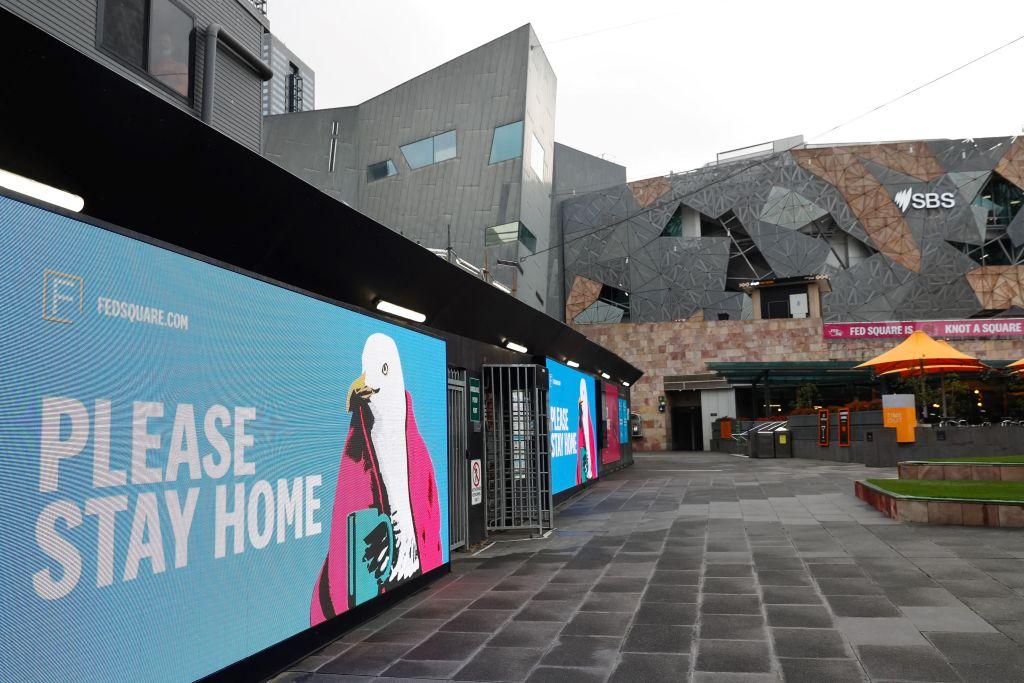Victoria’s economy has lost over $700 million (US$508 million) per week since the start of the lockdown, with business and consumer confidence levels bottoming out.
This comes as Melbourne claims the world record for the longest locked down city in the world, overtaking Argentinian capital Buenos Aires for the number of days under government-mandated lockdown.





